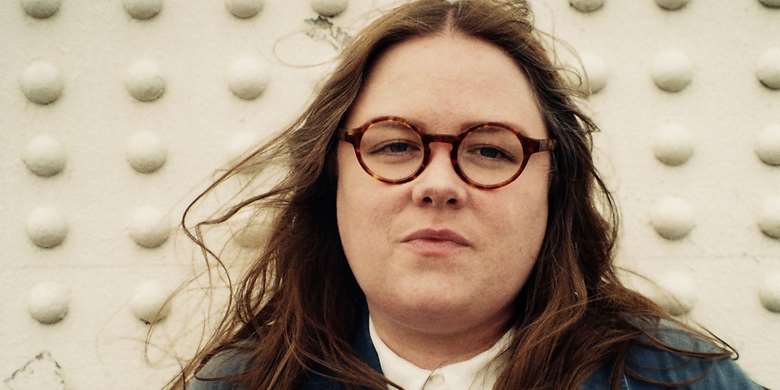Emma-Jean Thackray: “It’s about trying to get that genuine, organic sound. Not trying to force it, not trying to contrive anything.”
Debra Richards
Wednesday, November 6, 2019
The current heat surrounding trumpeter, singer and producer Emma-Jean Thackray reflects her artistry and ambition. She talks brass bands and J Dilla with Debra Richards


Register now to continue reading

Thank you for visiting Jazzwise.co.uk. Sign up for a free account today to enjoy the following benefits:
- Free access to 3 subscriber-only articles per month
- Unlimited access to our news, live reviews and artist pages
- Free email newsletter